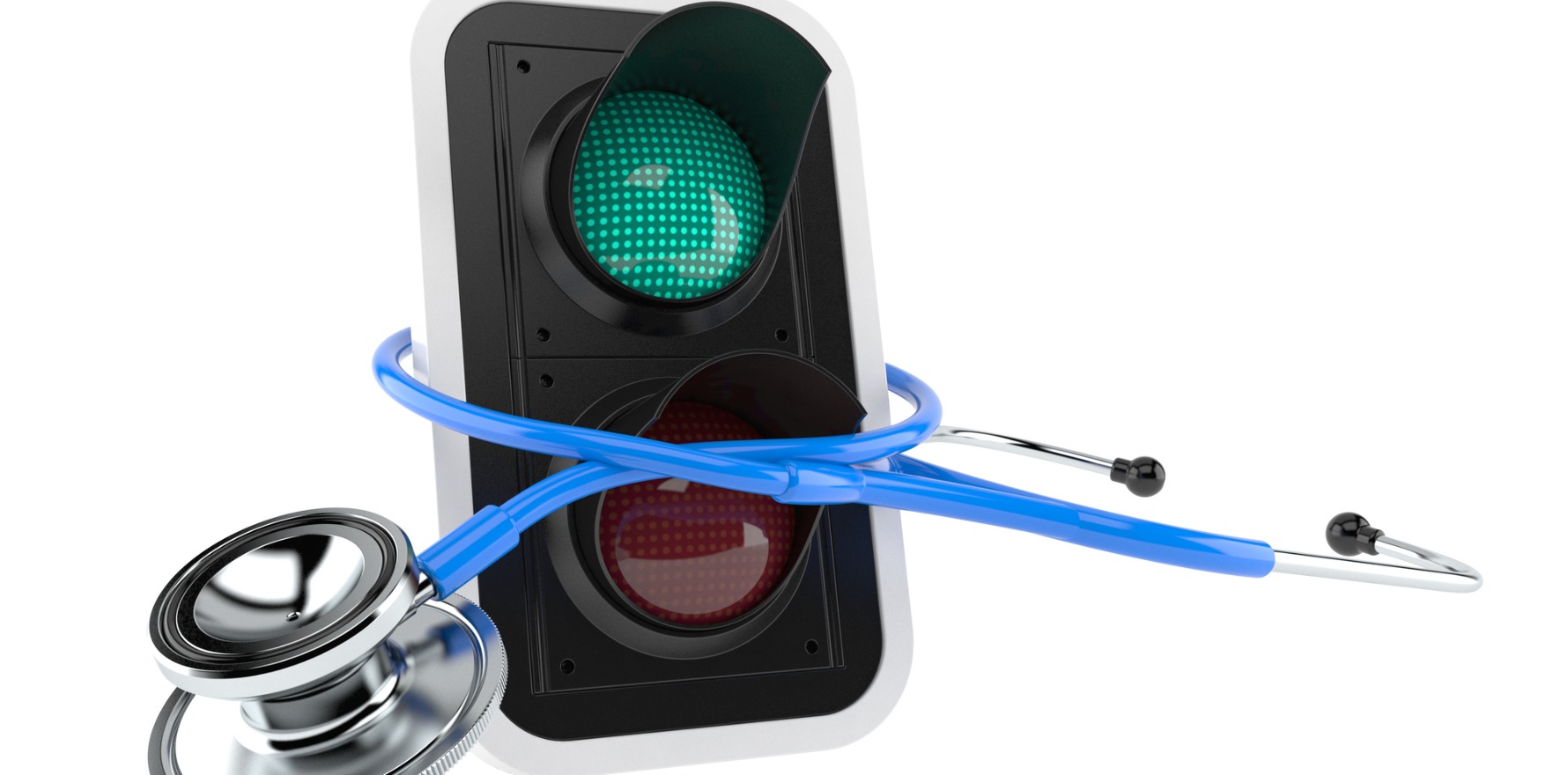An egg-free flu vaccine and cannabidiol for a rare form of severe epilepsy were also given the green light from the committee.
The Pharmaceutical Benefits Advisory Committee (PBAC) has green-lit changes to the PBS listings for covid antivirals Paxlovid and Lagevrio to increase access for some patients and has also recommended that both be added to doctor’s bag supplies.
These are among a raft of recommendations from PBAC’s September meeting, announced this month.
Others include the recommendation that the egg-free quadrivalent influenza vaccine (Flucelvax, Quad, Seqirus) be listed on the National Immunisation Program (NIP); and that cannabidiol (Epidyolex, Chiesi) be recommended for General Schedule Authority Required listing for the adjunctive treatment of seizures in patients aged two years or older with Lennox-Gastaut syndrome.
Another covid drug, tixagevimab + cilgavimab (Evusheld, AstraZeneca), used as a pre-exposure prophylaxis for immunocompromised and unvaccinated patients, was also up for PBS listing consideration.
However, PBAC decided against the recommendation, due in part to various uncertainties, including its clinical place in treatment, the dose and duration against Omicron and any future covid variants, and a lack of data on the safety and efficacy of the proposed dosing regimen. High cost and uncertain cost effectiveness were also cited, with an estimated cost of over $1 billion per year.
The PBAC recommended amending the PBS listings for molnupiravir (Lagevrio, Merck Sharp & Dohme) and nirmatrelvir + ritonavir (Paxlovid, Pfizer) to allow people identifying as Aboriginal or Torres Strait Islander and 30 years of age or more, to need only one condition to meet the definition of high risk for the purpose of PBS eligibility.
Currently they must have two additional risk factors to meet the requirements for oral antiviral treatment. These conditions include living in residential aged care; living with disability with multiple conditions and/or frailty (but not limited to living in supported accommodation); neurological conditions like stroke or dementia and demyelinating conditions such as multiple sclerosis, Guillain-Barré syndrome; chronic respiratory conditions including COPD, moderate or severe asthma; obesity or diabetes (type I or II requiring medication); heart failure, coronary artery disease, cardiomyopathies; kidney failure or cirrhosis, and living remotely with reduced access to higher level healthcare.
The committee also recommended that two bottles of Lagevrio and two cartons of Paxlovid be added to prescriber’s bag supplies (medical practitioner and nurse practitioner).
While the recommendation will need approval from the federal government, it was welcomed by the RACGP, said president Adjunct Professor Karen Price.
“This is a win for patients across Australia,” she said.
“It’s wonderful news the Pharmaceutical Benefits Advisory Committee has heeded our calls. We have been advocating for these antivirals to be added to the doctor’s bag in the event access to a pharmacy is problematic in emergency situations or for rural and remote locations. This means the medication can be dispensed directly from the GP.
“Many patients, GPs and general practice teams have reported issues with patchy availability making it hard for eligible patients to get their hands on them. The doctor’s bag contains drugs to treat life-threatening emergencies and other serious medical conditions. So, adding the antivirals to the doctor’s bag will make a real difference, this is a positive step forward in the fight against this virus.”
While the flu season may be coming to an end, the PBAC recommendation that the quadrivalent influenza virus vaccine (Flucelvax Quad, Seqirus) be added to the NIP, if accepted, will provide alternatives for patients who cannot have the egg-based flu vaccines.
PBAC recommended that the vaccine be available for vaccination against influenza in Aboriginal and Torres Strait Islander peoples aged five to 65 years and pregnant women.
“The PBAC’s recommendation for listing was based on, among other matters, its assessment that the cost-effectiveness of QIVs would be acceptable with a small price premium compared to egg-based quadrivalent influenza virus vaccines and the acknowledgement of potential benefits associated with the diversification of vaccine manufacturing,” the committee noted.
And in a move that could pave the way for more cannabidiol-related PBS listing applications, PBAC has recommended the listing of cannabidiol oral liquid 100mg per mL, 100mL (Epidyolex, Chiesi) for the treatment of seizures associated with Lennox-Gastaut syndrome in patients who have not achieved adequate seizure control with at least two other anti-epileptic drugs.
“The PBAC considered the revised proposal for listing provided by the sponsor addressed its outstanding concerns regarding the cost-effectiveness of cannabidiol,” the committee noted.
Lennox-Gastaut syndrome is a rare form of severe epilepsy that usually develops between the ages of one and eight years. It is characterised by multiple seizure types, developmental delay and behavioural issues. Tonic and atonic seizures are most commonly experienced, and often difficult to control.
Children with Lennox-Gastaut syndrome may also develop cognitive dysfunction, delays in reaching developmental milestones and behavioural problems. The condition can be caused by brain malformations, perinatal asphyxia, severe head injury, central nervous system infection and inherited degenerative or metabolic conditions. In about one-third of cases, no cause can be found.
In September 2020, the TGA approved the use of Epidyolex cannabidiol 100 for use as adjunctive therapy for seizures associated with Lennox-Gastaut syndrome or Dravet syndrome for patients aged two years and older.
Additional reporting by Karina Bray


